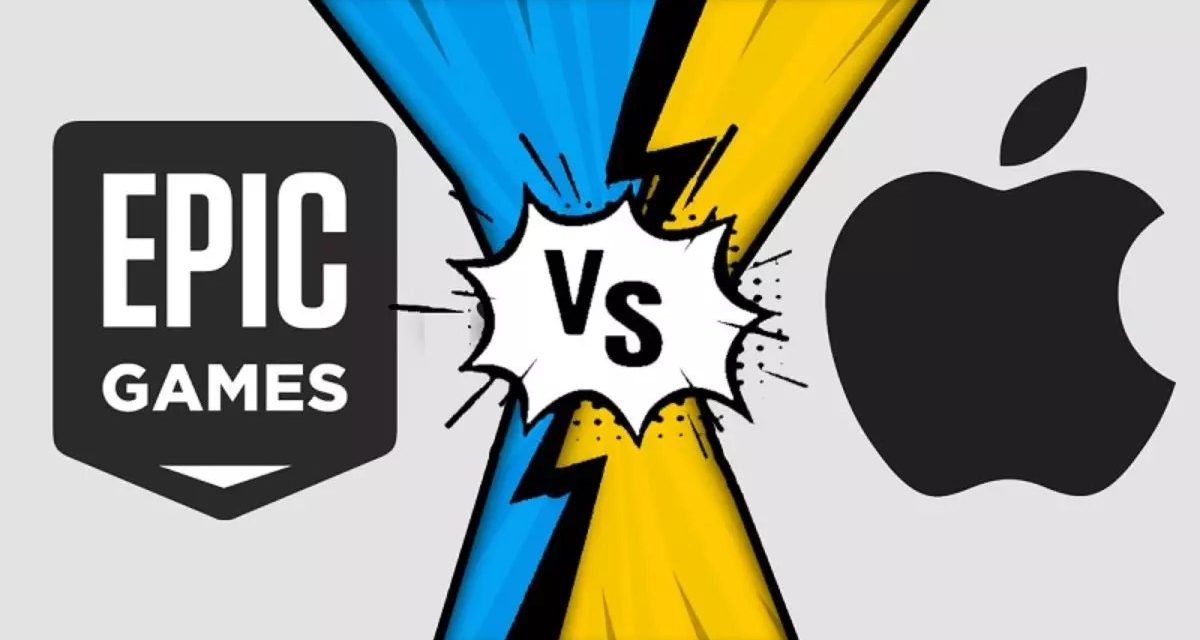Following Epic Games’s requesting that Apple should be held in contempt of court over what it alleges is failure to comply with an anti-steering ruling, Apple has issued a rare direct response to AppleInsider.
On March 13, Epic asked a federal judge to hold Apple in contempt of court over its failure to properly comply with a court order to open its App Store to outside payment options, according to Bloomberg (a subscription is required to read the entire article).
In response, an Apple spokesperson sent AppleInsider extracts from its formal Statement of Compliance. It begins with a claim that “As of January 16, 2024, Apple has fully complied with the Injunction,” and details how it has changed its previous rules on developers contacting customers directly.
“[Apple] is striking the relevant parts of the App Store Review Guidelines applicable to apps on the US storefronts of the iOS and iPadOS App Stores and implementing new rules,” says the statement. It specifies that Apple is now permitting developers to “include in their apps buttons or links with calls to action that direct customers to purchasing mechanisms in addition to IAP [Apple’s in-app purchasing].
The global legal battle between the two companies goes back toAug. 13, 2020, when Epic Games announced that it had introduced a new direct payment option in the Fortnite app for iPhone and iPad, allowing players to purchase 1000 V-Bucks for US$7.99 rather than $9.99 through Apple’s in-app purchase mechanism. Shortly thereafter, Apple removed the gamer from the App Store for violating store polices and followed up by shutting down the company’s developer account.
Epic immediately filed a lawsuit against Apple in the U.S. District Court for the Northern District of California.In September 2020 Apple filed a countersuit to stop the game maker from using its own payment system for Fortnite. Apple also accused Epic of theft and sought extra monetary damages beyond breach of contract.
In September 2021, U.S. District Judge Yvonne Gonzalez Rogers ruled that Apple’s anti-steering conduct is anti-competitive, but ruled in favor of Apple on all other counts.
In a 185-page ruling, Rogers said “the Court cannot ultimately conclude that Apple is a monopolist under either federal or state antitrust laws,” but she said the trial “did show that Apple is engaging in anticompetitive conduct under California’s competition laws.” Rogers concluded that “Apple’s anti-steering provisions hide critical information from consumers and illegally stifle consumer choice.”
She ruled that Epic Games had to pay damages equal to 30% of the $12,167,719 in revenue that it collected from users in the Fortnite app on iOS through the direct payment option between August 2020 and October 2020, plus 30% of any such revenue Epic Games collected from November 1, 2020, through the date of judgment, plus interest.
Article provided with permission from AppleWorld.Today



